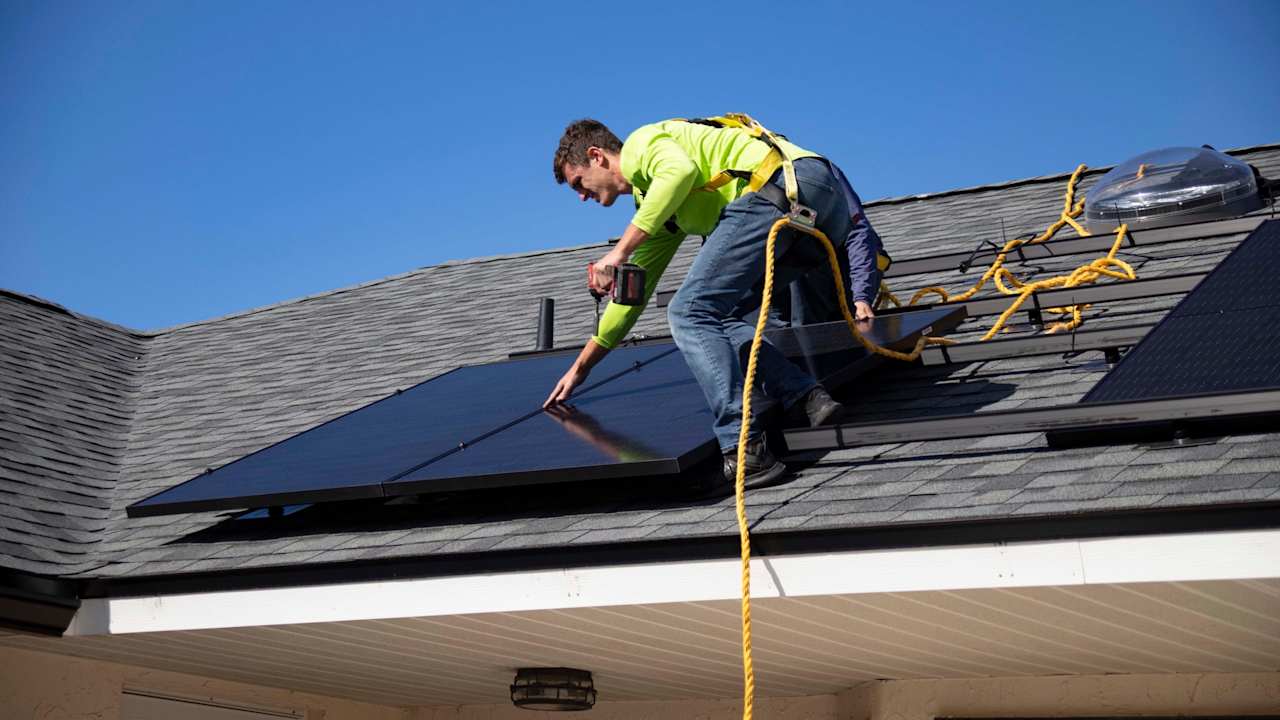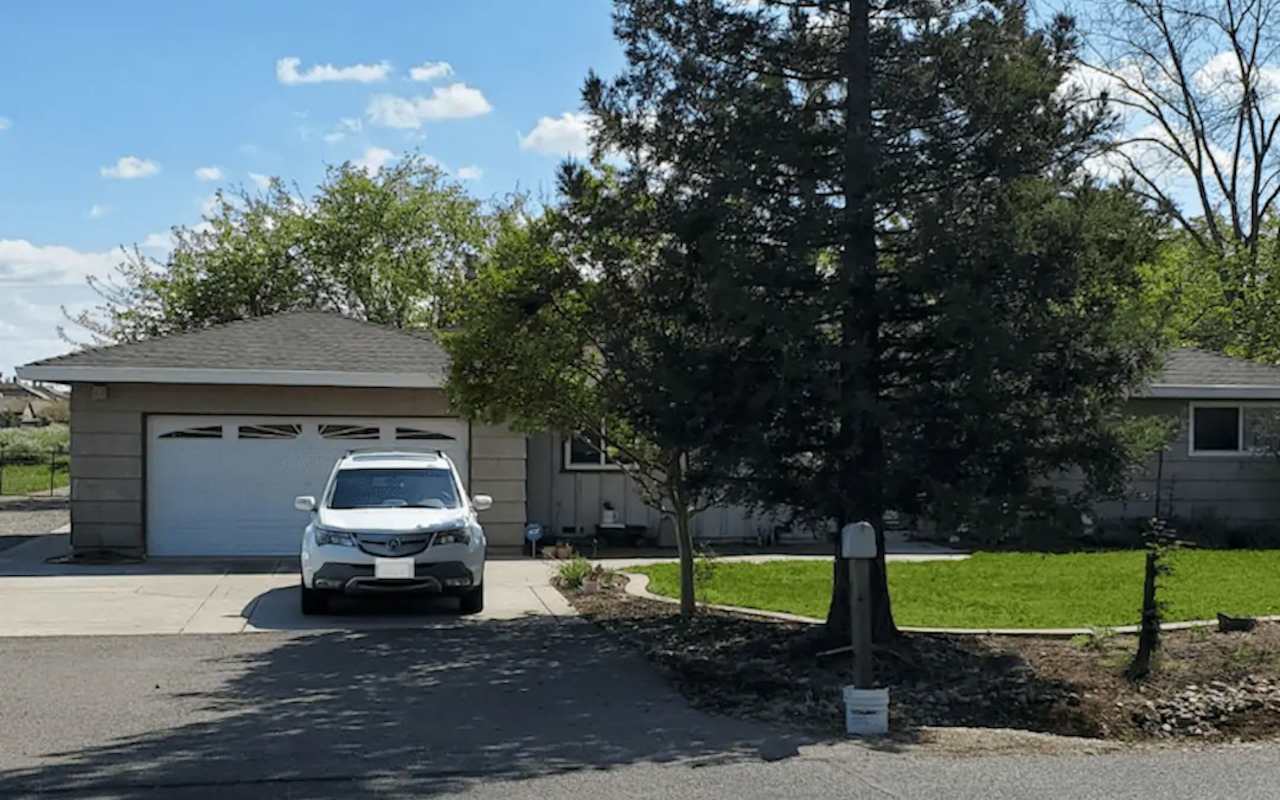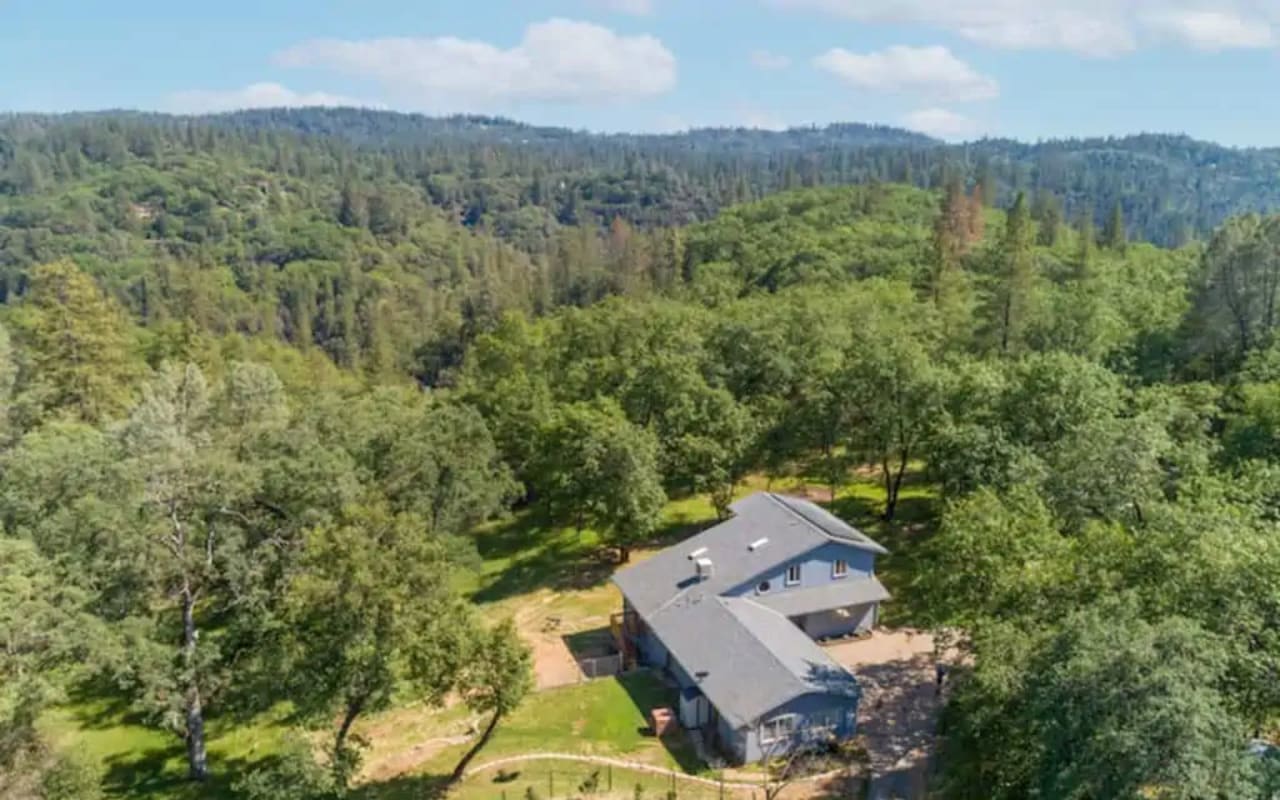What you need to know about buying solar before April 2023!
February 6, 2023

February 6, 2023

The topic of solar has been front and center recently due to the continued increase in utility costs. Homeowners are interested in saving money over the long run, but sometimes it can be a challenge to know if you’re getting the right value! Is it better to buy solar outright, get a loan, or take a lease? There are pros and cons to each, but consulting with a trustworthy professional will help you determine the best solution for your specific needs. Here are 3 things you NEED to be aware of if you’ve thought about solar.
Net Energy Metering relates to the way that local electricity providers bill their customers for usage. Years ago, customers were placed on NEM 1.0, and currently new solar customers are placed on NEM 2.0. As an example, imagine that a solar system collects $10 worth of electricity during the day, but no one is home to use it. That energy gets put back into the power grid during the day. During the evening and night time the panels are not producing power, but homeowners are home watching TV, doing laundry, charging devices, and using lights. Let’s assume that a home then uses $10 worth of electricity during the evening. That one day would net out to a $0 cost. Over the course of the year some days produce more, and some produce less. The goal is to end up at a “net zero” when determining how many panels to install on a home. That means that when the energy provider does a “true up” at the end of the year, you have as close to a $0 bill as possible.
Under NEM 3.0 a homeowner might only expect to get a credit for $3.50 in the same example. Meaning they would need to purchase 4 times the number of panels to break even at the end of the year! That’s why its so important to act quickly if you’ve seriously considered solar.
There are still some energy tax rebates available. Some up to 30%! This is a great opportunity to take advantage of before these incentives start to wind down. Additionally, there is an opportunity to add a battery pack in the future and still utilize NEM 2.0.
Many homeowners choose to pay for a solar system in full at the time of purchase. If the average electric bill is $300/mo (higher in summer, lower in winter) then the re-capture rate would be 8.3 years in order to start saving money. So if you plan to move in 8 years, that might not make much sense. However, if your average bill is $500/mo, you start saving money after year 5. That could be a better option depending on the timeline to sell the property.
Another option is to lease the solar system. Much like leasing a car, you pay a solar company monthly for the use of the solar panels. There are pros and cons to this approach. Often homeowners have little or no money out of pocket which is very enticing. They pay a low monthly payment (probably close to $200/mo in this case) so the savings is almost immediate. However, payments usually last for anywhere between 15 and 25 years depending on the company and the plan. The other consideration is that if the home is sold, a new buyer will have to qualify to take over the payments on the lease. Lastly, the homeowner doesn't usually get the advantage of the tax credit since they didn't actually “purchase” the solar system.
The third common option is to take out an energy efficiency loan to purchase the solar system. This payment may be higher, but at the end of the term, the panels and the system are owned outright. Additionally, the home owner would be able to apply for any tax credits that are available.
In summary, there is an option that could work for almost any homeowner, but it’s advisable to act before April 2023!! Talk with a qualified professional that has your best interest in mind, and can explain each option thoroughly to empower you to make the best decision.
Our mission here at Quantum Real Estate is to bring maximum value to our clients. Whether that is during the course of a sale or after! In order to add more value for our amazing customers, we’ve partnered with Apricot Solar!
If you want to take advantage of this opportunity before NEM 3.0 impacts the industry, just call me to schedule your consultation, and text 916.677.9813 or email [email protected] a copy of your electric bill! It’s that easy, and there is no obligation.
Stay up to date on the latest real estate trends.

Zac Bacon | April 11, 2024
Does home staging really work?? Is it worth the price? Let's go through a case study and compare a home before and after staging.

Zac Bacon | January 19, 2024
Selling your existing home can unlock vital equity for your dream home purchase, but timing can be challenging.

Zac Bacon | November 30, 2023

Zac Bacon | November 29, 2023
Sellers and Buyers ask me questions all the time about how real estate transactions work. Here are 5 things that you should be aware of if you're considering a move in… Read more

Zac Bacon | November 14, 2023
While you may not have heard the term recently, there's a possibility that this type of real estate sale may be slightly more popular over the next couple years.

Zac Bacon | February 6, 2023
The topic of solar has been front and center recently due to the continued increase in utility costs. Homeowners are interested in saving money over the long run, but … Read more

September 28, 2022
Most often, selling a home is an emotional process, whether you’re leaving behind good memories or hoping for a fresh start. It’s another part of a real estate agent’s… Read more

September 27, 2022
Real estate agents wear many hats while serving their clients. They tour properties, analyze market data, research the neighboring community, connect vendors, and more… Read more

September 25, 2022
A good real estate agent will help you sell your home. A great real estate agent will be there for you at every step of the process beyond the transaction. Regarding t… Read more
You’ve got questions and we can’t wait to answer them.